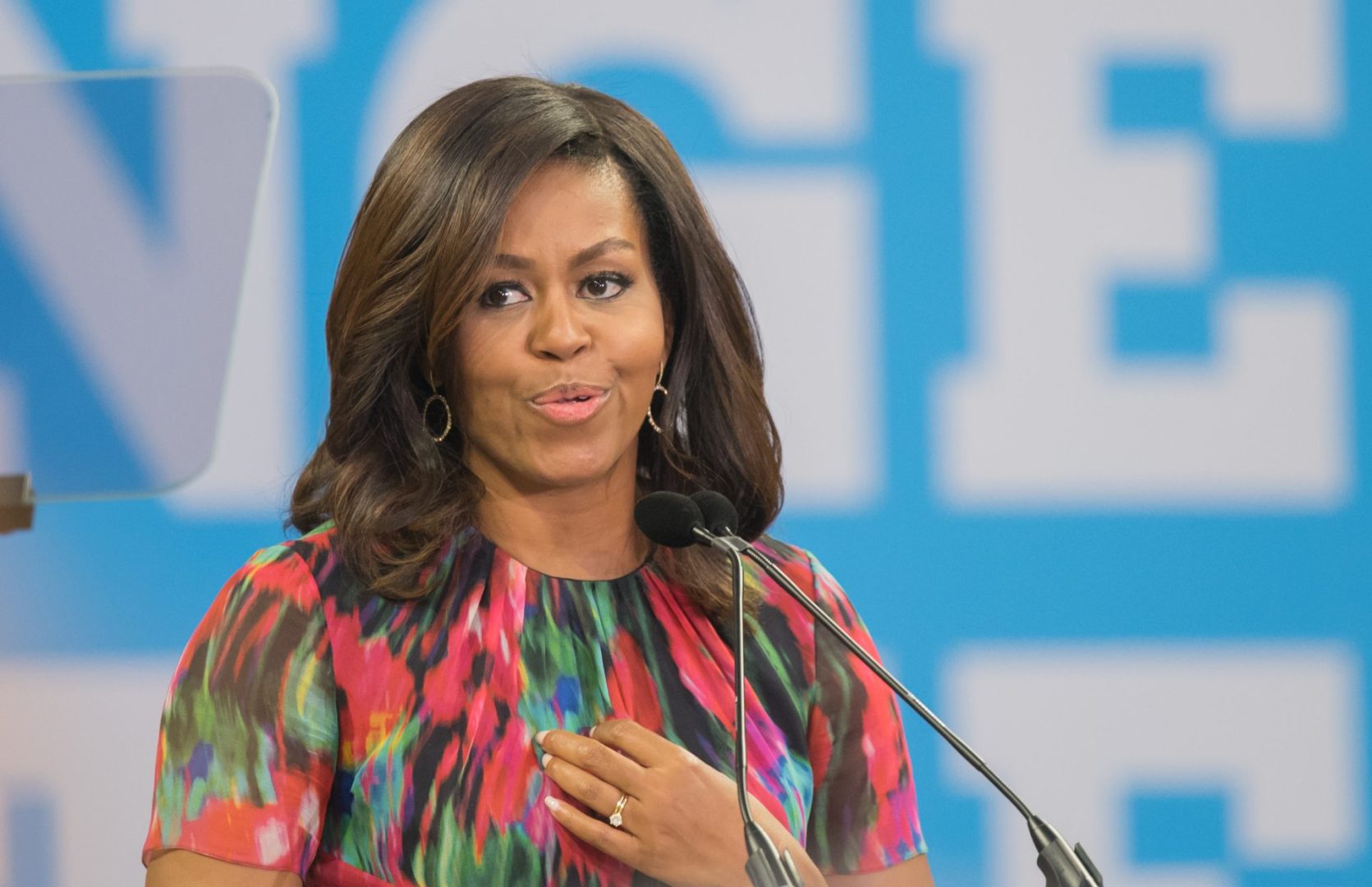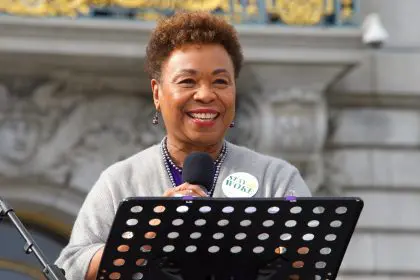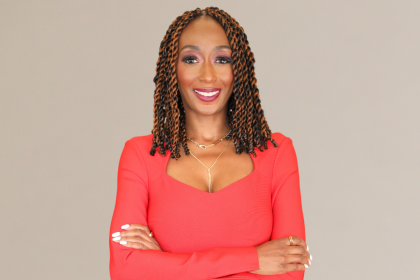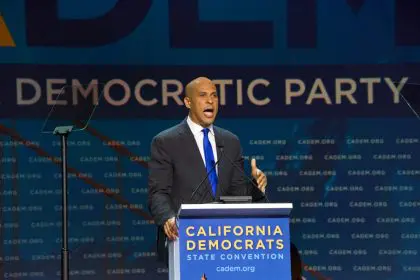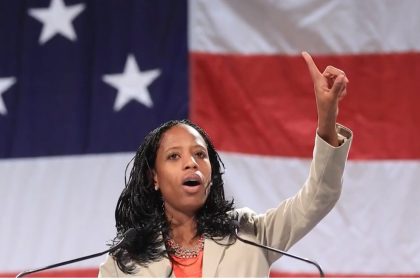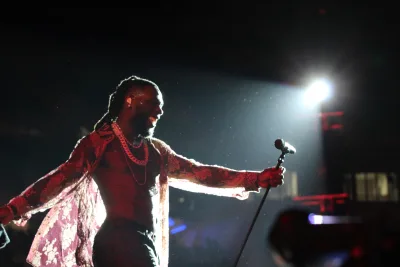When former First Lady Michelle Obama opted not to attend Donald Trump’s second inauguration, it symbolized more than just a personal choice; it reflected a broader trend among Black women reassessing their roles in the political arena. Her absence — combined with Vice President Kamala Harris’ loss in the recent election — highlights the complex relationship between Black women and a political system that has long relied on their labor, leadership and votes without consistently delivering on their demands.
A history of engagement and sacrifice
Black women have historically been the backbone of American politics, particularly within the Democratic Party. From grassroots organizing during the Civil Rights Movement to modern-day voter mobilization efforts, they have championed change and equity. Figures like Stacey Abrams, Fannie Lou Hamer and Shirley Chisholm exemplify the power of Black women’s political engagement. Their efforts have often been pivotal in shaping the nation’s political landscape.
Obama herself embodied this legacy during her tenure as First Lady. She transcended the traditional expectations of her role, addressing systemic issues such as childhood obesity, education disparities and veteran support while inspiring millions with her dignity and resilience. Her speeches and sayings, such as the iconic “When they go low, we go high,” became rallying cries for civility and hope.
However, the demands placed on Black women in politics come at a cost. The emotional, physical and mental toll of navigating systemic racism, misogyny and relentless scrutiny has led many to question how sustainable such contributions are without reciprocal support from society and institutions.
Michelle Obama’s notable absence
Obama’s decision not to attend Trump’s second inauguration can be seen as a personal and political statement. During Trump’s presidency, she was candid about her disdain for his rhetoric and policies, which often targeted marginalized communities. In her memoir Becoming, she wrote about the pain she felt watching his administration systematically dismantle initiatives she and Barack Obama had championed.
Her absence also underscores a growing sentiment among Black women about the limits of their participation in a political system that frequently marginalizes their voices. While some might interpret her choice as a departure from the tradition of bipartisan goodwill, others see it as a refusal to legitimize a presidency that was divisive and often hostile to the values she espouses.
Kamala Harris and the weight of expectations
The recent electoral loss of Vice President Kamala Harris further complicates the narrative. As the first Black and South Asian woman to hold the office, Harris’s historic ascent was celebrated as a victory for representation. Yet, her tenure was marked by challenges, including managing public perception, navigating a polarized political landscape and addressing criticism that often seemed rooted in racial and gender biases.
Harris’s loss has led to soul-searching within the Democratic Party and among Black women voters who have long been its most loyal base. The questions are clear: What happens when representation isn’t enough? How can the political system better support and amplify the voices of Black women rather than merely depending on them during election cycles?
Taking a step back: Rest as resistance
In recent years, there has been a growing movement among Black women to embrace rest as a form of resistance. Spearheaded by advocates like Tricia Hersey, founder of The Nap Ministry, this movement encourages Black women to reject the societal pressure to overperform and to prioritize their well-being. Obama’s retreat from the public political stage and her focus on personal projects, such as her bestselling books and podcasts, align with this ethos.
By stepping back, Black women like Obama challenge the notion that their worth is tied solely to their productivity or political contributions. This shift is not about abandoning the fight for justice but rather about redefining the terms of engagement. It is a call to redistribute the burden of change across all demographics and to demand systemic accountability rather than individual sacrifice.
The path forward
Obama’s absence and Harris’s electoral loss signal a turning point. They invite a reckoning with the ways Black women’s labor has been undervalued and how the political system must evolve to meet their needs. The Democratic Party, in particular, faces the challenge of not taking Black women’s support for granted. This means investing in policies that address systemic inequities, supporting Black women candidates at all levels, and creating spaces where their voices can lead without being diminished.
For Black women, this moment is an opportunity to reflect on how they engage with politics moving forward. While their contributions have been and will continue to be vital, there is a growing recognition that rest, self-care and strategic withdrawal can be just as revolutionary as direct action. As Obama once said, “There’s power in allowing yourself to be known and heard, in owning your unique story, in using your authentic voice.” Sometimes, that voice is strongest when it says, “Nope.”
Obama’s absence from Trump’s second inauguration is more than a personal choice; it’s a reflection of a broader recalibration among Black women in politics. Her decision, paired with the shifting dynamics following Harris’s loss, underscores the need for systemic change that values Black women’s contributions while respecting their boundaries. As the nation grapples with its political future, the voices of Black women will remain essential—but on their terms, and with the rest and respect they have long deserved.

